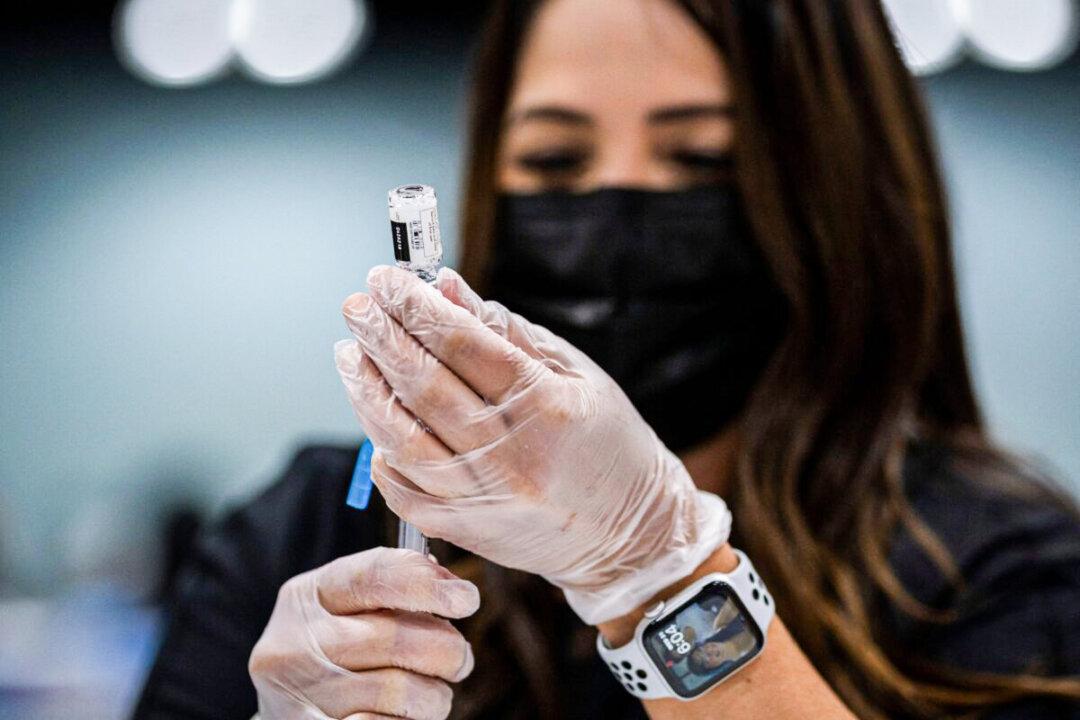The Centers for Disease Control and Prevention (CDC) on Friday said all adults may get Pfizer-BioNTech’s and Moderna’s COVID-19 vaccines.
“Booster shots have demonstrated the ability to safely increase people’s protection against infection and severe outcomes and are an important public health tool to strengthen our defenses against the virus as we enter the winter holidays,” Dr. Rochelle Walensky, the director of the CDC, said in a statement on Friday.





